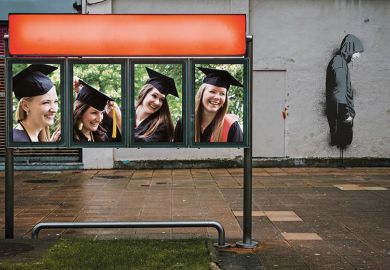Iceland is to restructure its education system amid growing concerns about a shortage of male graduates.
Just 28 per cent of graduates from the University of Iceland – the country’s largest – were male in 2017, down from 41 per cent in 2001. This decline has prompted politicians to take action.
In an interview with the radio station Rás 1, Lilja Alfreðsdóttir, Iceland’s minister of education, science and culture, revealed that work was under way to create a long-term plan for education until 2030, the Iceland Review reported.
Ms Alfreðsdóttir explained that the Icelandic authorities were seeking inspiration from Norway, which has just introduced a substantial package of educational reforms.
“I am meeting with the Norwegian minister of education next week to familiarise myself thoroughly with their improvements,” she said, adding that she had recently attended a meeting at the University of Iceland “where it was revealed that 70 per cent of graduates [this year] are women”.
Last year, the university’s president, Jón Atli Benediktsson, told the Visir news website that graduation rates for men had declined gradually since the turn of the millennium.
“It’s a worrying state of affairs that men are enrolling in lower numbers to the university,” said Professor Benediktsson. “It’s a trend that needs to be turned, but it will take time.”
Female students vastly outnumber male students in nearly all departments at the University of Iceland, except for engineering and the natural sciences, he added.
“It matters that the society is balanced in terms of gender in the labour market [and] that there isn’t a gender gap in the labour market in certain fields,” Professor Benediktsson said.
Register to continue
Why register?
- Registration is free and only takes a moment
- Once registered, you can read 3 articles a month
- Sign up for our newsletter
Subscribe
Or subscribe for unlimited access to:
- Unlimited access to news, views, insights & reviews
- Digital editions
- Digital access to THE’s university and college rankings analysis
Already registered or a current subscriber?





